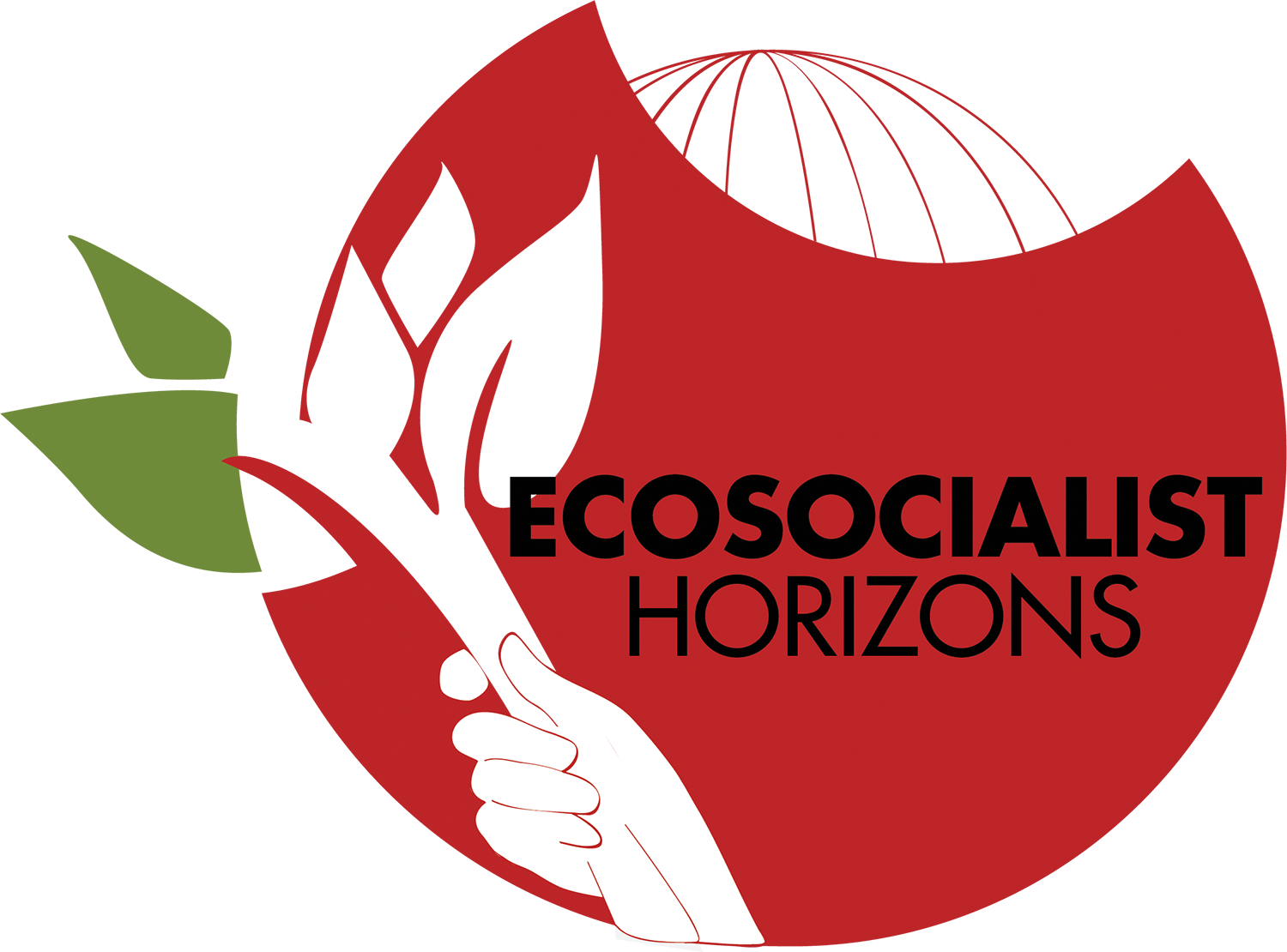The Clash of Globalizations
December 7, 2011
There are two kinds of globalization in the world today. There is the globalization of the 1%, the globalization of power and money; of politicians, transnational corporations, and the kingdom of experts who do their bidding. And there is the globalization of the 99%, diverse and diffuse, from grassroots masses to massive NGOs, which converges for moments of tenuous but hopeful solidarity, to promote programs of both reform and revolution. They are clashing here in Durban, at a meeting which presides over the fate of human civilization as we know it.
The globalization of money and power has its cards on the table. There is no real debate any longer about its almost religious crusade for total control and profitability. There is a famous saying of the Cree people of native North America that is worth recalling: “Only after the last tree has been cut down, only after the last river has been poisoned, only after the last fish has been caught, only then will you find that money cannot be eaten.” The globalization of profit and power will, if allowed, fulfill this prophecy, down to the last tree, river and fish. If there was any uncertainty leading up to COP17 in Durban, the historic consensus established here among the global 1% — to delay any serious action to 2020 — has left no room for any sane hope that the planetary elite will change their behavior.
The other globalization, however, has a less certain fate. Can it contend with the globalization against which it has arisen? The cards have been dealt, but they have not all been played. The slogan “globalize the struggle, globalize hope,” has been fulfilled. At the march for climate justice on December 3rd, many thousands of people came from all over Africa, Asia, Europe and the Americas to express their demands for climate justice.
As an isolated moment, the march was in many ways beautiful and inspiring. But in historical context, this globalization from below is highly ambiguous. It was amazing to see so many people come together for a common cause. But given the magnitude of our global adversary, there much cause for concern. The globalization from below, supposedly the hope for humanity and nature, is highly divided about its own interests and how to pursue them. While the 1% is united in its defense of capital accumulation by any means necessary, there is not a common understanding among the 99% that the capitalist system is an enemy. As was painfully revealed on December 3rd, ideological disagreements are not only theoretical, but translate into serious confrontations, which indicate a fundamental challenge to the movement as a whole.
At this historical moment, the question can no longer be surpressed: If the UN is nothing more than a glorified 1%, and if this 1% will wreck the world, then what is the path forward for the global 99%? If the reformist path must be abandoned because climate justice requires a system change, then what is the appropriate course of struggle? What is the alternative to the UN, to reformism, to the rule of the 1%?
The alternative, Michael Dorsey suggested in a speech last week (available here on our website), has been emerging all over the world this year, from Tunisia to Cairo, from Spain to Greece and from Wisconsin to Wall Street:
“Those are the alternatives. And those alternatives came from people, they didn’t come from people sitting in rooms, playing games, when they know, when they’ve been told, three, four, five years ago, that this crisis is a crisis that will kill hundreds of millions of Africans alone. So the alternative is with you, the alternative is not with an infinity of meetings that are being organized and conducted by criminals… And let’s not underestimate our ability to put them in jail and put their heads on pikes. We’ve been seeing heads on pikes all year long.”
2011 has opened a historic window through which we have glimpsed a form of globalization that may be the only true hope for humanity and nature. We can no longer speak credibly of holding leaders to account when there is no pretense of leadership or accountability to begin with. The globalization of reform has run its course. 2011 has prefigured another program of globalization entirely; a globalization of revolution. This globalization does not lobby for seats at the table or for crumbs from the 1%. This is a globalization of the people themselves, and not of their self-appointed representatives. As Dorsey suggested, and as 2011 has prefigured, this globalization will not well behaved. “People do not judge in the same way as courts of law;” wrote Maximilian Robespierre,” they do not hand down sentences, they throw thunderbolts; they do not condemn kings, they drop them back into the void; and this jutice is worth just as much as that of the courts.” Scary as a revolutionary process may be for those with something to lose, for the majority of the 99% it has become the only option. The people of the world have been backed into a corner of economic and ecological catastrophe. Here they rise up, they can do no other.
Stay tuned!
This post is part of a series. A delegation from Ecosocialist Horizons is in Durban, South Africa, bringing you reports from the United Nations conference on climate change, known as COP 17.

